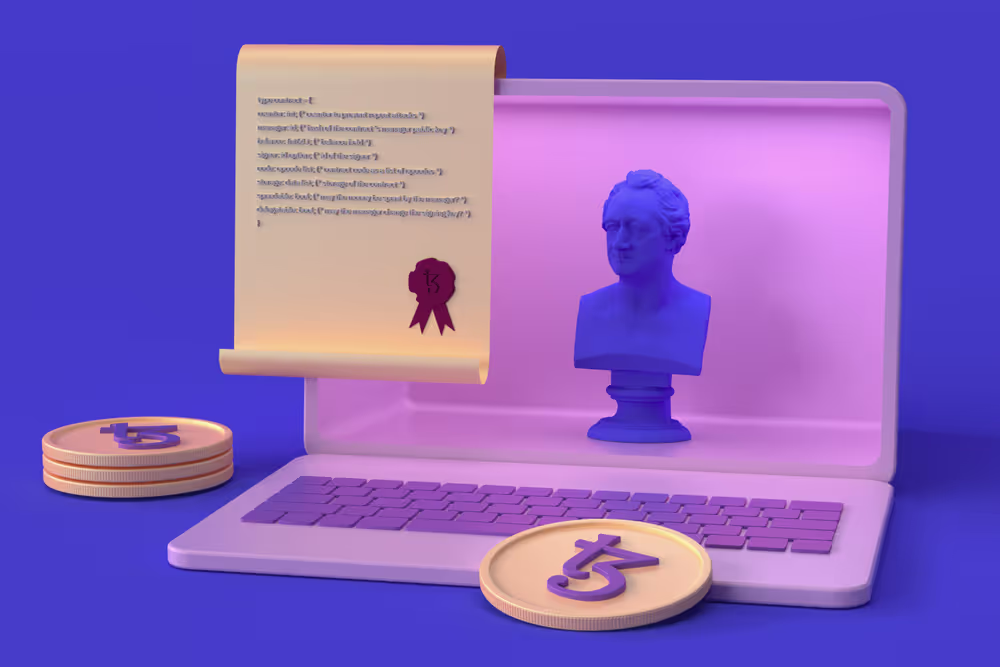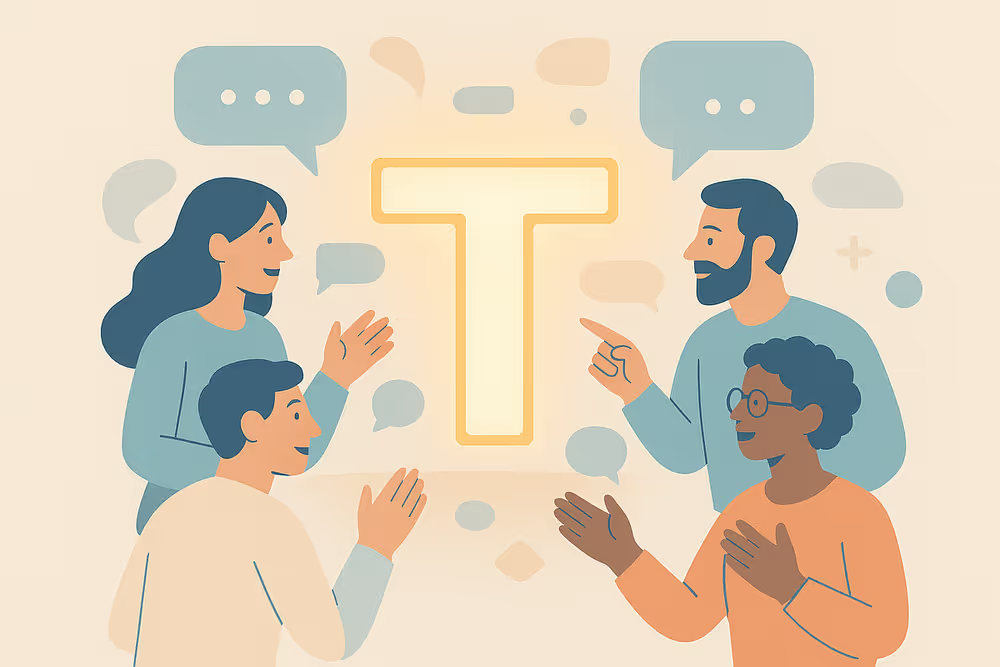Why Participation Matters in Tezos Governance
How community input keeps upgrades moving forward.
4 minute read

Tezos has governance built into its DNA. That’s one of the things that first pulled me in, the idea that this blockchain can evolve itself, on-chain, without the drama of forks or the need for backroom deals. But here’s the thing, governance isn’t magic. It’s not automatic. It only works if people actually participate and it’s actually difficult work. Without us, the fancy process is just code waiting for input. With us, it’s alive, and every upgrade cycle becomes a chance to prove that.
All Voices Count #
Participation isn’t just a feel-good slogan, it’s the difference between smooth progress and frustrating delays. When proposals hit the chain without enough input from the community, we run the risk of rejection. And rejection doesn’t only mean “try again later”, it can stall the entire upgrade cycle, putting Tezos’ evolution on pause. We’ve seen that happen before, when proposals didn’t gain enough support because of concerns that weren’t addressed early. Every delay represents lost momentum, and in a fast-moving ecosystem like crypto, that time matters.
And it’s not only about avoiding unwanted features. Sometimes, if only one side of a debate is heard, the picture can get skewed, features that most people are fine with might get dropped, or valid concerns might not get the attention they deserve. That’s why all voices matter, both supportive and critical. What really counts is that the conversation is balanced, so the end result reflects the community as a whole.
That’s why speaking up counts. Sharing opinions and feedback doesn’t just add voices to the room, it actually keeps the upgrade cadence steady, helps refine proposals before they’re locked in, and ensures the process works the way it was designed to.
Early Feedback, Stronger Proposals #
One thing I’ve really appreciated over the last couple of upgrades is the fact that the core teams have leaned into this. Instead of dropping a proposal out of nowhere, they’ve begun actively asking for feedback before the protocol even hits the formal amendment process. It’s a simple change, but it has huge implications. By surfacing potential issues early and gauging reactions in advance, we avoid the pitfalls of injecting controversial features only to see them rejected later.
Of course, not every single idea raised in these discussions will end up in the proposal, and that’s okay. At the end of the day, the core devs have the best view of the technical trade-offs, and sometimes there are reasons why something can or can’t be implemented. But even when suggestions aren’t directly adopted, they still help sharpen the proposal, flag blind spots, and make sure the reasoning is transparent.
This early feedback loop is now part of the culture of Tezos governance, and it shows that the system isn’t just about code, it’s about conversation. The devs are putting in the work to listen. The next step is for us, the community, to answer back.
Join the ‘T’ Discussions #

Which brings us to today. The “T” protocol proposal is now on the table, and the discussions are already in motion. Many community members have shared thoughtful feedback, some supportive, some critical, and that’s exactly how the process should work. If you haven’t taken a look yet, this is a good moment to get in, see what’s been said, and decide where you stand. Maybe you’ll agree, maybe you’ll disagree, or maybe you’ll spot something no one else has raised yet.
So here’s my ask: don’t just watch from the sidelines. Go read the discussions on Tezos Agora, weigh in with your own perspective, and help make sure “T” reflects the community as a whole. Our governance process is only as strong as the people behind it, and it’s participation that turns Tezos’ self-amendment from a clever mechanism into a living reality.